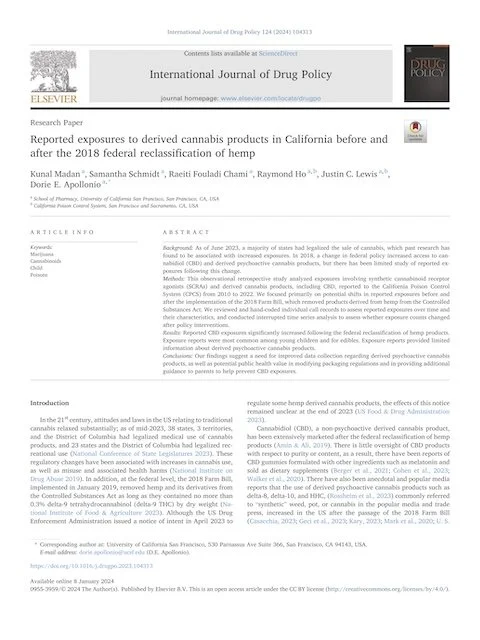By R. Santamarina D. Caldicott , J. Fitzgerald , J.L. Schumann
Background : Illicit drug use is overrepresented in music festival attendees compared with the general population. Drug use often involves a wide range of substances with the potential to cause drug toxicity. Law enforcement-centred strategies intended to deter drug use and supply at these mass gatherings have been implemented throughout Australia. However, many have been criticised for their lack of effectiveness, with evidence suggesting that they can inadvertently increase the risk of drug harm. Drug deaths are often multifactorial, providing added challenges in the development of prevention strategies. This study aimed to determine the frequency of deaths involving alcohol and other drugs at music festivals in Australia and to identify potential risk factors that may inform future harm reduction strategies.
Methods : A descriptive case series study was conducted using the National Coronial Information System (NCIS) to investigate drug-related deaths at music festivals throughout Australia between 1 July 2000 (Queensland from 1 January 2001) and 31 December 2019, using a list of keywords comprising music festival names and terms.
Results : There were 64 deaths, of which most involved males (73.4%) aged in their mid-20s (range 15-50 years). Drug toxicity was the most common primary cause of death (46.9%) followed by external injuries (37.5%). The drug most commonly detected or reported as being used was MDMA (65.6%), followed by alcohol (46.9%) and cannabis (17.2%), with most cases reporting the use of two or more drugs (including alcohol) and 36% reporting a history of drug misuse in the coroner's findings. Most deaths were unintentional, with less than a fifth of cases (17.2%) involving intentional self-harm. Clinical intervention was involved in 64.1% of cases and most festivals occurred in inner city locations (59.4%).
Conclusions : The findings suggest that drug-related deaths at music festivals in Australia typically involve young people using multiple illicit substances in combination with alcohol. Most are unintentional and could potentially be prevented through the implementation of a range of harm reduction strategies, including mobile medical care, drug checking services, and increased consumer education and awareness.
International Journal of Drug Policy Volume 123, January 2024, 104274




